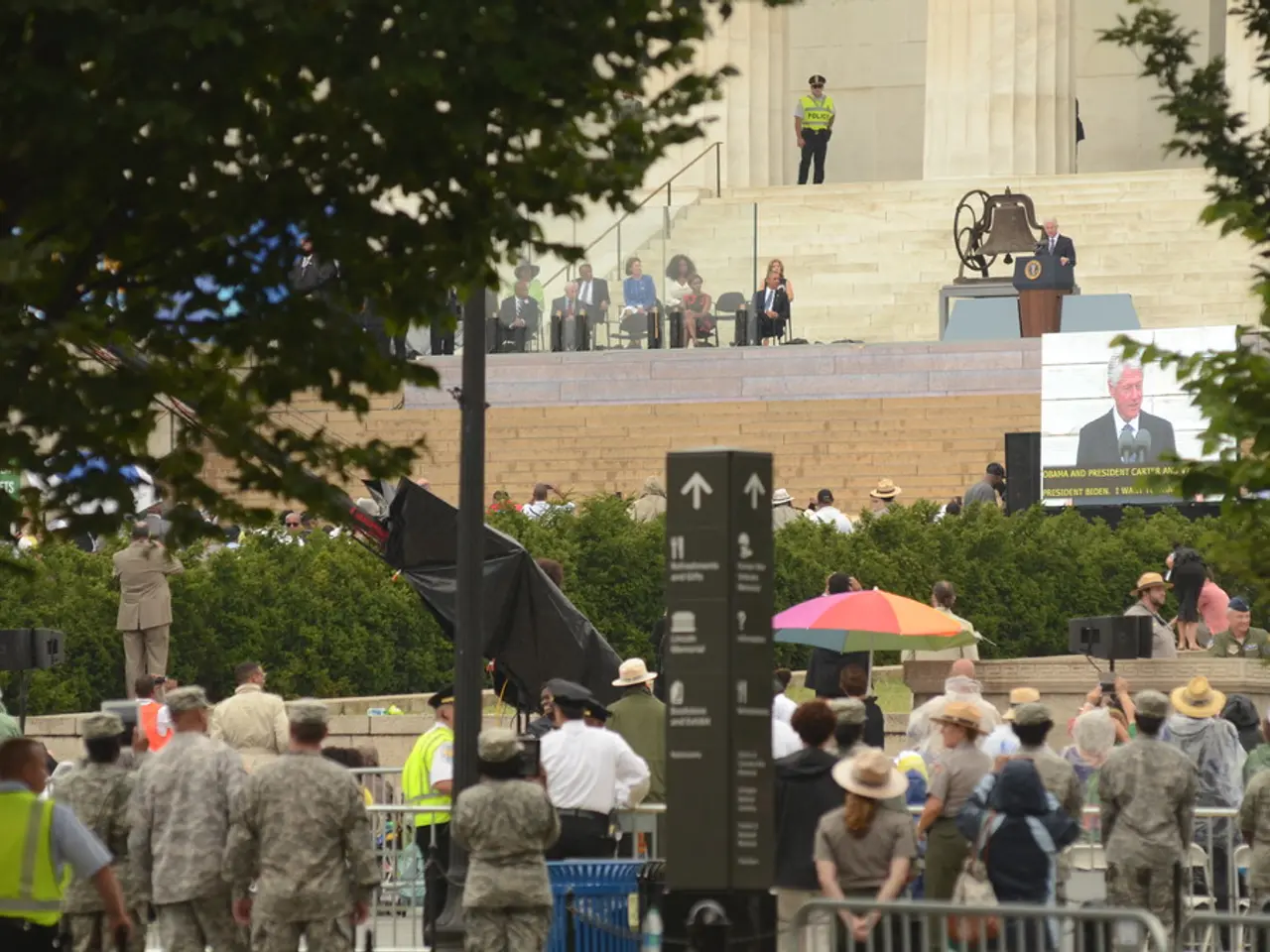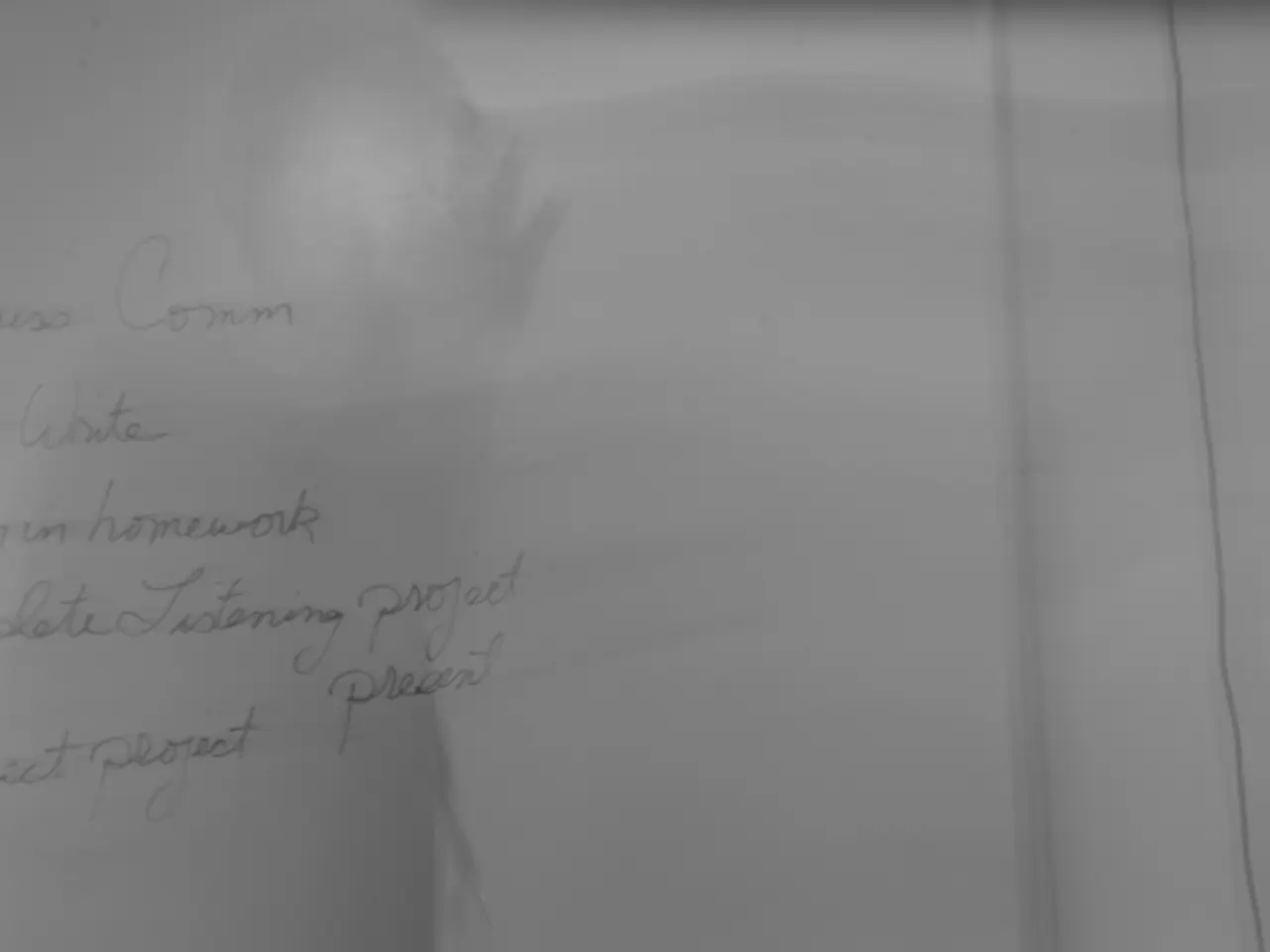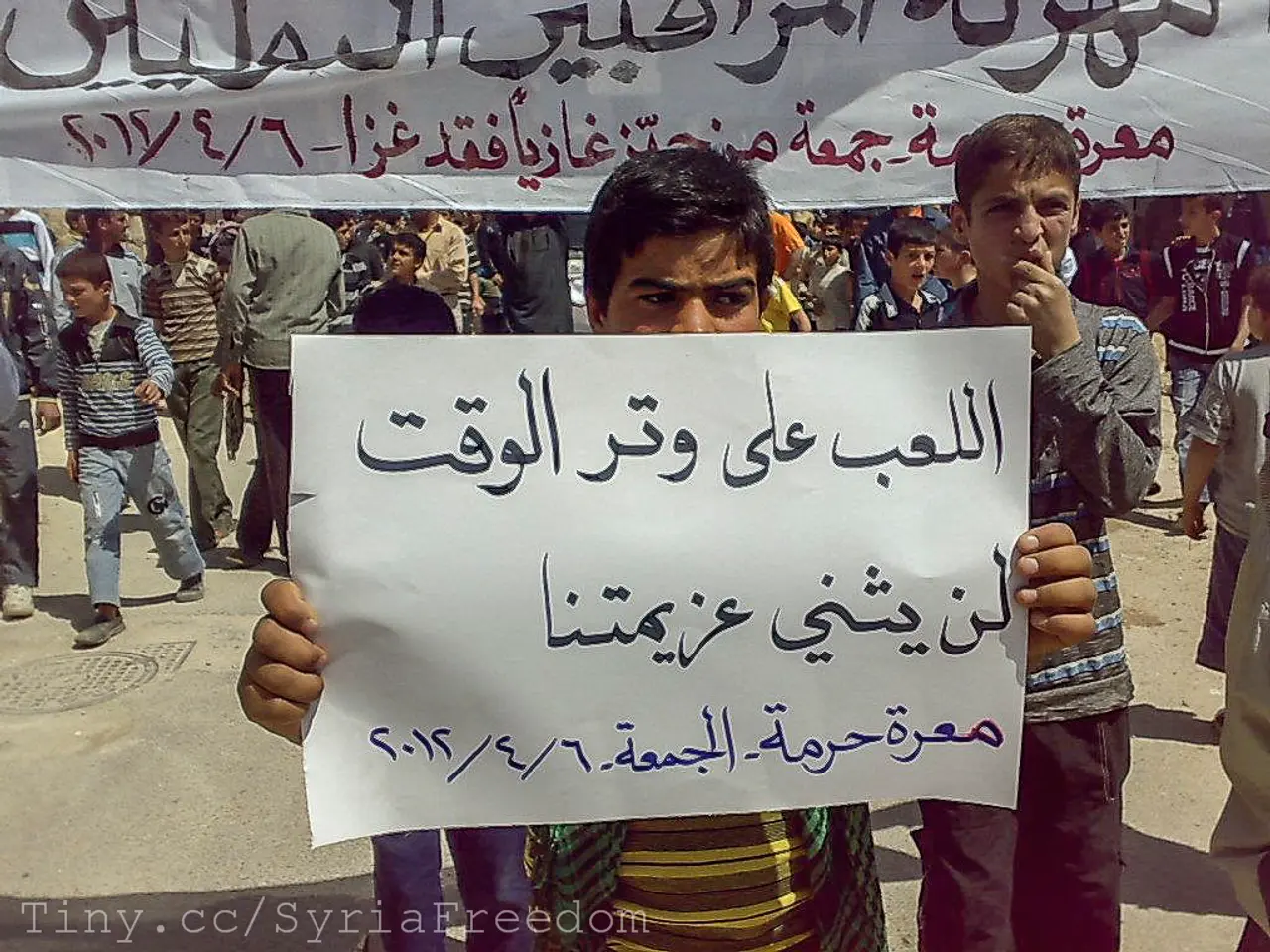Escalating Tension - Departure of Nuclear Inspectors from Iran
In a developing international crisis, Iran has officially halted its cooperation with the International Atomic Energy Agency (IAEA) in the wake of recent US and Israeli airstrikes on Iranian nuclear facilities. This announcement was made by Iranian parliamentary speaker Mohammad Bagher Ghalibaf and President Masoud Pezeshkian, leaving the future presence of IAEA inspectors in Iran uncertain.
The IAEA has strongly condemned the attacks, emphasizing the risks they pose to nuclear safety, security, and regional peace. The Natanz enrichment site, a significant target in the airstrikes, has suffered damage, with surface facilities involved in uranium enrichment up to 60% U-235 being affected. However, there was no detected radioactive release, and underground facilities remained physically intact but potentially affected by power outages.
As the situation continues to deteriorate, nuclear talks between the US and Iran are scheduled to take place in Oslo, Norway. US Special Envoy Steve Witkoff and Iranian Foreign Affairs Minister Abbas Araghchi are set to engage in dialogue, albeit with significant obstacles. Both parties maintain firm and opposing positions on uranium enrichment, with the US insisting on zero enrichment by Iran, while Iran maintains its right to enrich uranium domestically.
In response to the ongoing conflict, Israel is preparing mechanisms to prevent Iran from rebuilding its nuclear program. Israeli officials have expressed a determination to enforce policies aimed at curbing Iran’s nuclear, missile, and air defense capabilities.
Amidst the escalating distrust and potential for further conflict, the IAEA is urging the resumption of control inspections in Iran as soon as possible. The agency's chief, Rafael Grossi, has emphasized the importance of resuming these inspections to maintain nuclear safety and security.
This situation has raised concerns about the prospect of further escalation and the possibility of meaningful nuclear negotiations in the near future. Western governments fear that Tehran is seeking nuclear weapons, while Iran denies these allegations. Reports suggest possible new negotiations between Washington and Tehran, with a potential meeting between Iranian Foreign Minister Abbas Araghtschi and US special envoy Steve Witkoff in Oslo next week.
It is important to note that the war between Iran and Israel ended in a ceasefire last week, mediated by the USA. However, the future of Iran's nuclear programme remains uncertain, with the IAEA inspectors having had no access to nuclear facilities since they were bombed and damaged during the conflict.
In light of these developments, the situation between Iran and the international community, particularly the IAEA, remains tense and unpredictable. The resumption of cooperation will depend on Iran's guarantees for the security of its nuclear sites, a condition that remains to be met.
[1] BBC News. (2021). Iran halts cooperation with UN nuclear watchdog IAEA. [online] Available at: https://www.bbc.co.uk/news/world-middle-east-57149815
[2] Reuters. (2021). Iran's Natanz nuclear site hit by Israeli strike, IAEA says. [online] Available at: https://www.reuters.com/world/middle-east/irans-natanz-nuclear-site-hit-israeli-strike-iaea-says-2021-04-09/
[3] The New York Times. (2021). Iran Says It Will Suspend U.N. Inspections of Its Nuclear Sites. [online] Available at: https://www.nytimes.com/2021/04/07/world/middleeast/iran-iaea-nuclear.html
[4] The Guardian. (2021). Iran and US to hold nuclear talks in Oslo, as Israel prepares for possible new strikes. [online] Available at: https://www.theguardian.com/world/2021/apr/11/iran-and-us-to-hold-nuclear-talks-in-oslo-as-israel-prepares-for-possible-new-strikes
The escalating war-and-conflicts and political tensions between Iran and the international community, particularly the IAEA, have been heightened by Iran's halt in cooperation with the agency following the US and Israeli airstrikes on its nuclear facilities. Amidst these general-news developments, the resumption of IAEA inspections in Iran is crucial to maintaining nuclear safety, security, and regional peace.






